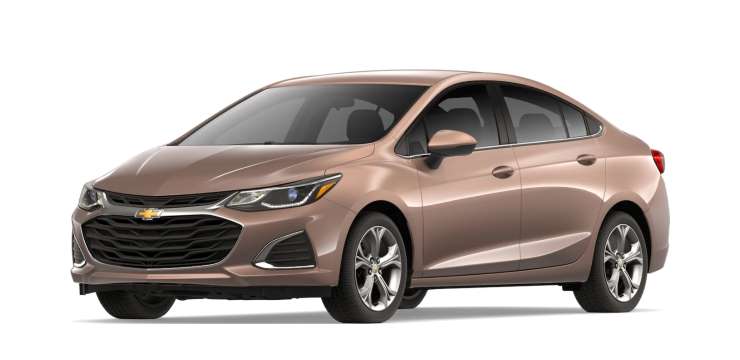Driving with the VSC (Vehicle Stability Control) light on is usually safe, but it’s wise to be careful, especially in bad weather. VSC is a vital safety feature that keeps your wheels in check by adjusting power and applying brakes when needed to maintain control. If that VSC light is on, it could mean there’s a problem with the system or something more serious, so it’s best to get it checked out.
Is it possible for the VSC light to come on intermittently?
Yes, the VSC light can come on intermittently if there is a problem with the ABS sensor or ABS reluctor rings. The ABS sensor uses the ABS reluctor rings to measure speed. The VSC system relies on sensor data for maintaining traction and control. If a sensor is not functioning correctly, it can intermittently trigger the VSC light.
Other causes of intermittent VSC light include the following:
- Faulty wiring
- Issues with the ABS control module
- Faulty sensors
- Wiring issue
- Thermostat replacement
It is important to diagnose and resolve the underlying issue to make sure you can drive your Chevy Cruze safely.
Can extreme temperatures cause the VSC light to come on?
Yes, both hot and cold weather extremes have the potential to activate the VSC light. Such extreme temperatures can disrupt the proper functioning of the vehicle’s sensors, leading to malfunctions and the subsequent illumination of the VSC light.
For instance, if the thermostat malfunctions and operates at incorrect temperatures, it can trigger the VSC light. It’s worth mentioning that extreme temperatures can impact other vehicle systems, including the engine and emissions system, which might trigger additional warning lights, such as the check engine light.
Does the VSC light affect the vehicle’s performance?
If the VSC system isn’t working correctly, it can compromise the vehicle’s stability and control, posing a potential danger while driving.
When the VSC light is on, it means there’s an issue with your car’s traction control system, which can impact performance, especially in bad weather. The VSC system plays a crucial role in maintaining traction and control by adjusting power to the wheels and applying brakes automatically.
Can I fix the VSC system issue myself, or do I need a mechanic?
Your ability to address a VSC system problem on your own depends on your car repair skills. You can handle problems like a faulty stop light bulb, but more complex issues like a malfunctioning ABS or VSC system may require the expertise of a certified mechanic. If you lack experience in car repair, have the vehicle inspected by a Chevy dealership to be on the safe side.
If you’re confident in your car repair abilities, you can use an OBDII scanner to identify the specific problem and proceed with the necessary repairs.


